The behavior of cats kneading their owners often leaves many perplexed and amused. This rhythmic pressing of paws against a soft surface isn’t just a random act; it’s rich with reasons that date back to early feline development. Whether you’ve just noticed your cat kneading for the first time or it’s a habitual part of your interaction, understanding why cats knead provides insight into their behavior and strengthens the bond between pet and owner.
Early Development and Instincts
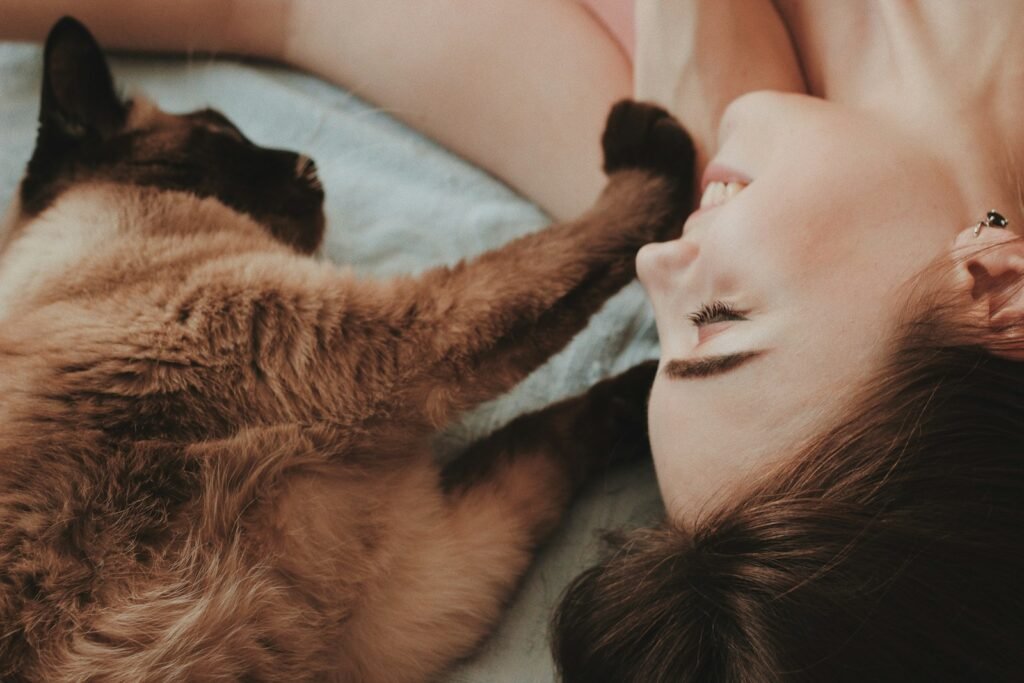
Cats begin kneading as kittens, a behavior directly linked to nursing. When kittens knead their mother’s belly, they stimulate milk flow, increasing their nourishment. This instinctual behavior often carries over into adulthood, transforming into a comforting ritual. Though adult cats no longer require nursing, the motion mimics the comforting satisfaction they associated with feeding in their early days.
A Mark of Territory
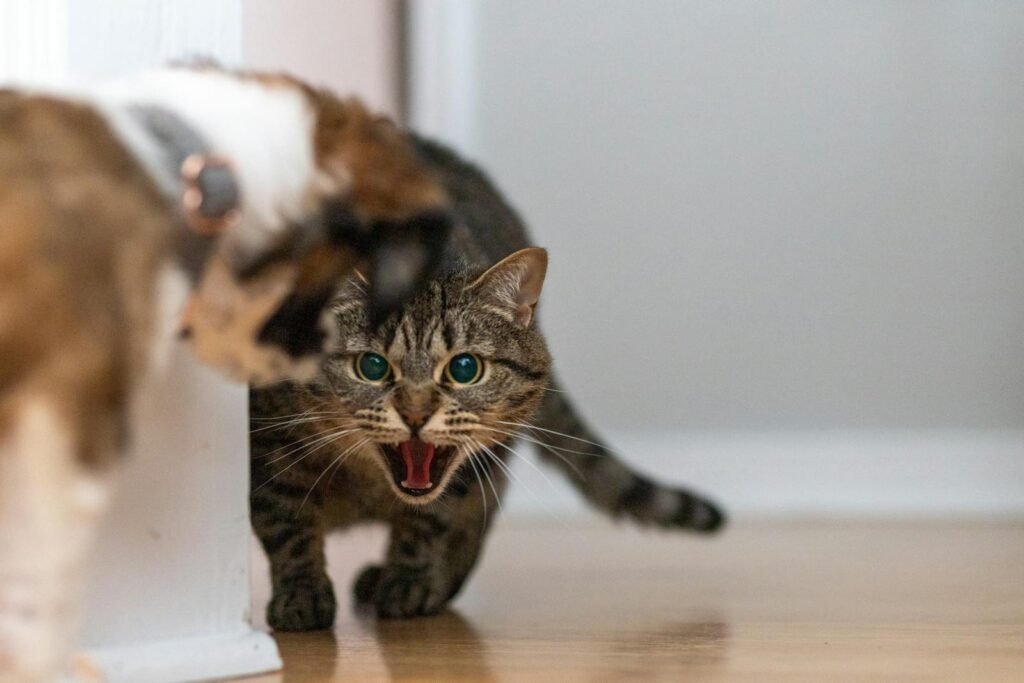
Cats are territorial animals, and kneading is a subtle way they mark their domain. Their paws are equipped with scent glands that release pheromones when they knead. By kneading their owners, cats are essentially marking their human with their unique scent, signifying that they are part of their safe space.
A Form of Familial Bonding
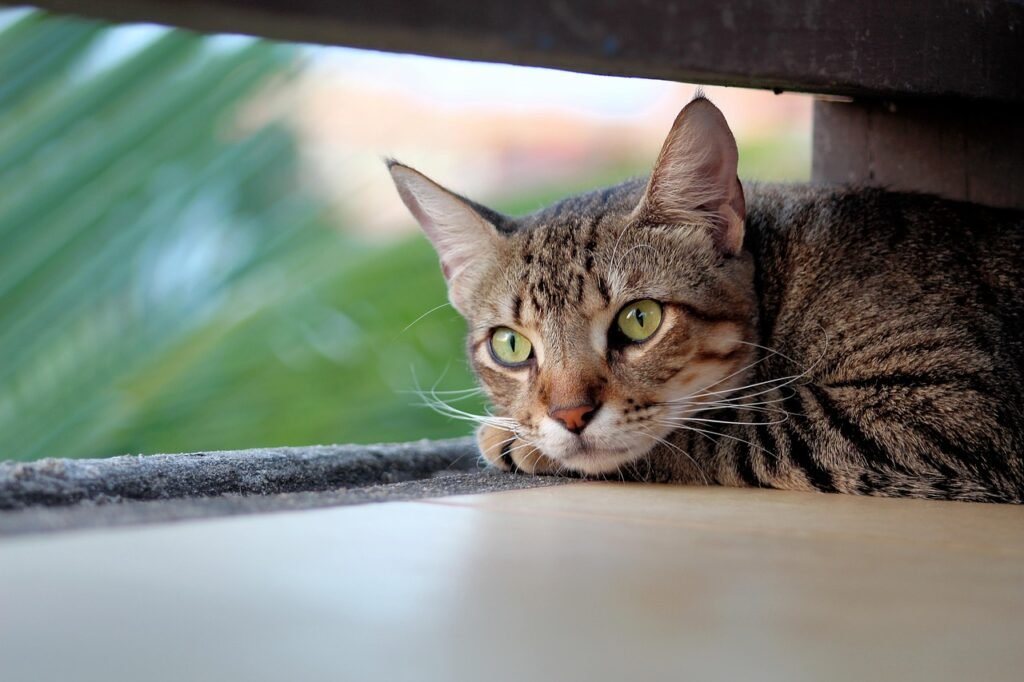
Kneading is a sign of contentment and affection. When cats knead their owners, it often indicates comfort and trust. This is a behavior reserved for their family, both feline and human. It’s akin to purring and snuggling—a demonstration of their need for closeness with those they regard as part of their family.
Comfort and Relaxation
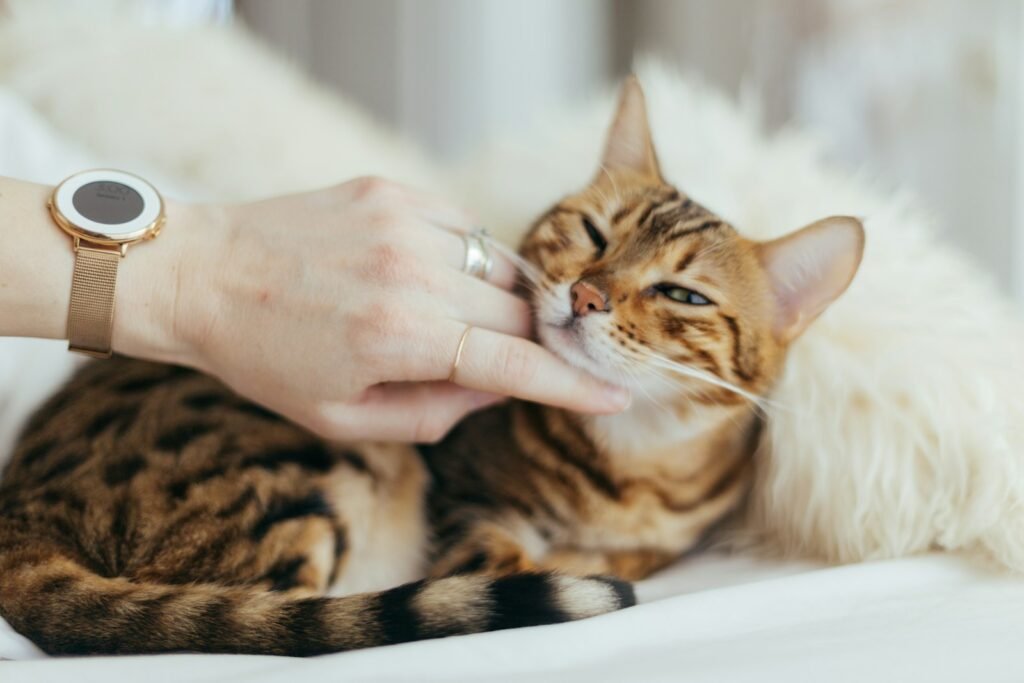
Just as humans might fidget or pace to ease tension, cats knead to relax and soothe themselves. The repetitive motion can be calming for cats, reducing stress and contributing to a sense of well-being. This is especially evident when they knead soft objects like blankets or their owner’s lap.
Remnants of Their Wild Ancestors
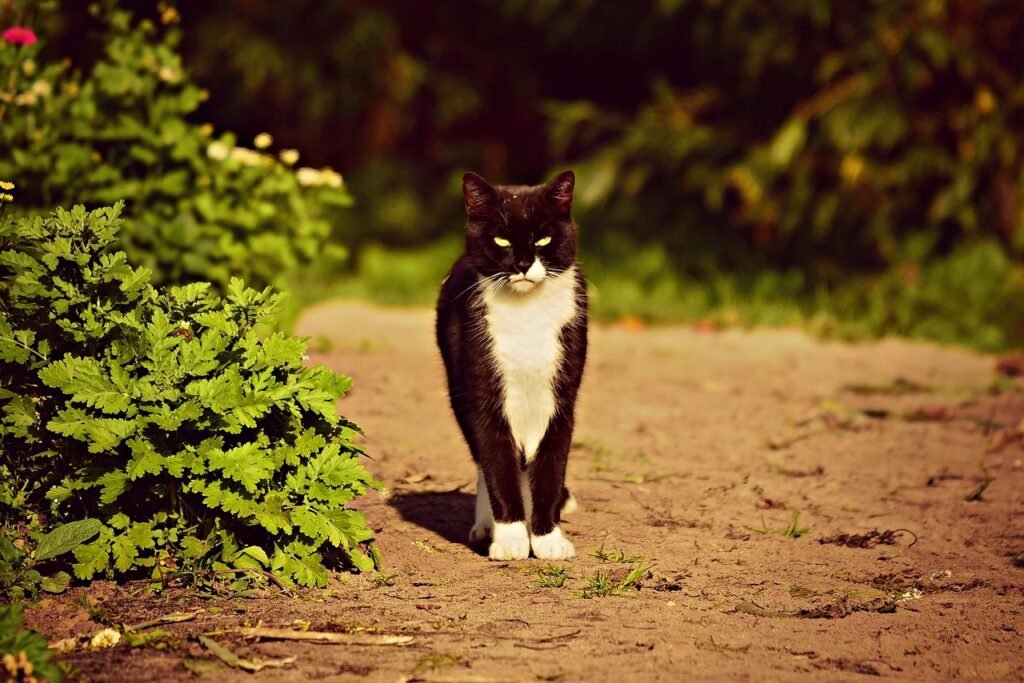
The behavior may also harken back to wild ancestral cats. Before lying down in the grass, wild cats might have kneaded down foliage to create a soft resting spot. This instinctual behavior, then, persists and manifests in the kneading of domestic cats—though they now opt for premium bedding or their human’s lap instead of wild terrains.
Preparing for Rest
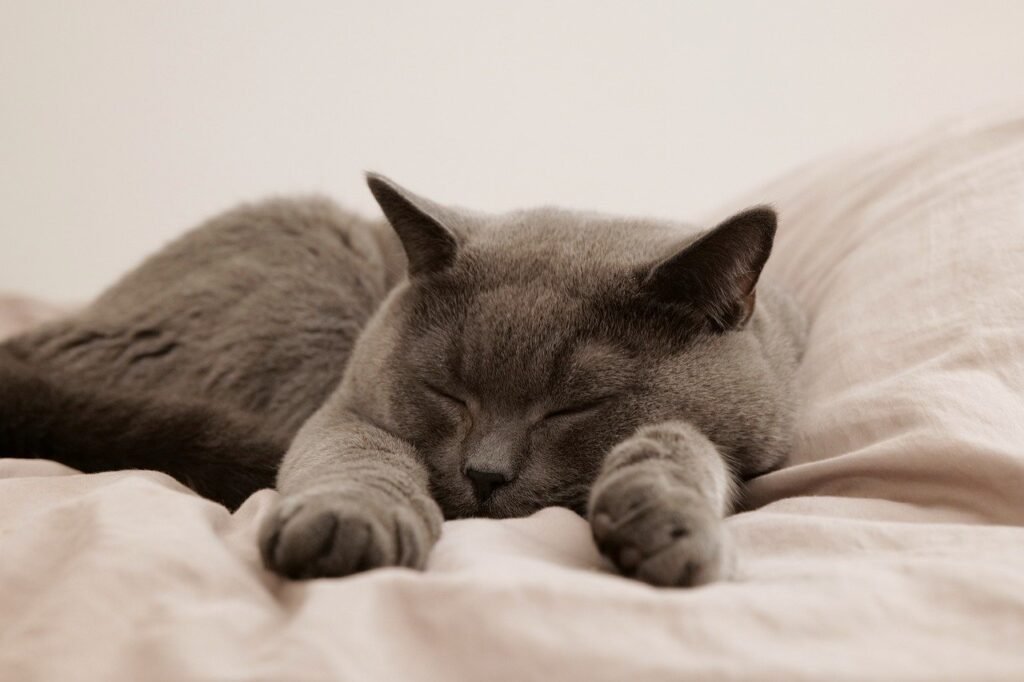
Cats are known for their luxurious naps, and kneading can serve as a prelude to this restful state. Much like settling into a comfortable position before sleep, kneading could be a way for cats to signal to themselves that it’s time to relax and recharge.
An Expression of Joy
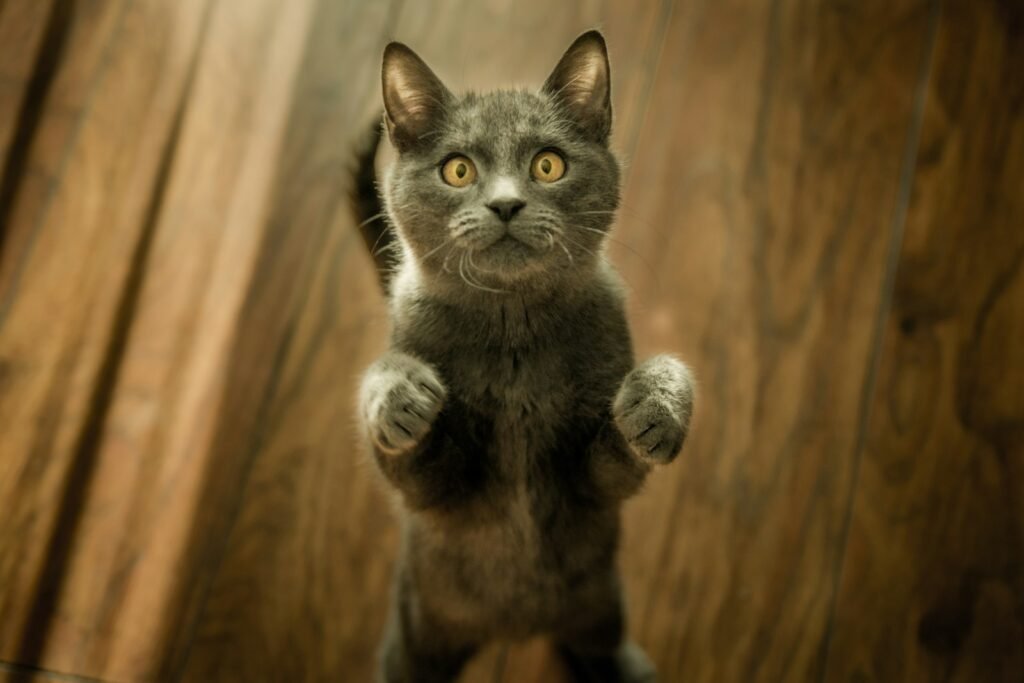
Some experts propose that kneading is merely an expression of joy. When a cat is kneading, they might just be overwhelmed with happiness and contentment. It’s akin to a smile—a physical manifestation of how they feel in the moment.
Development of Motor Skills
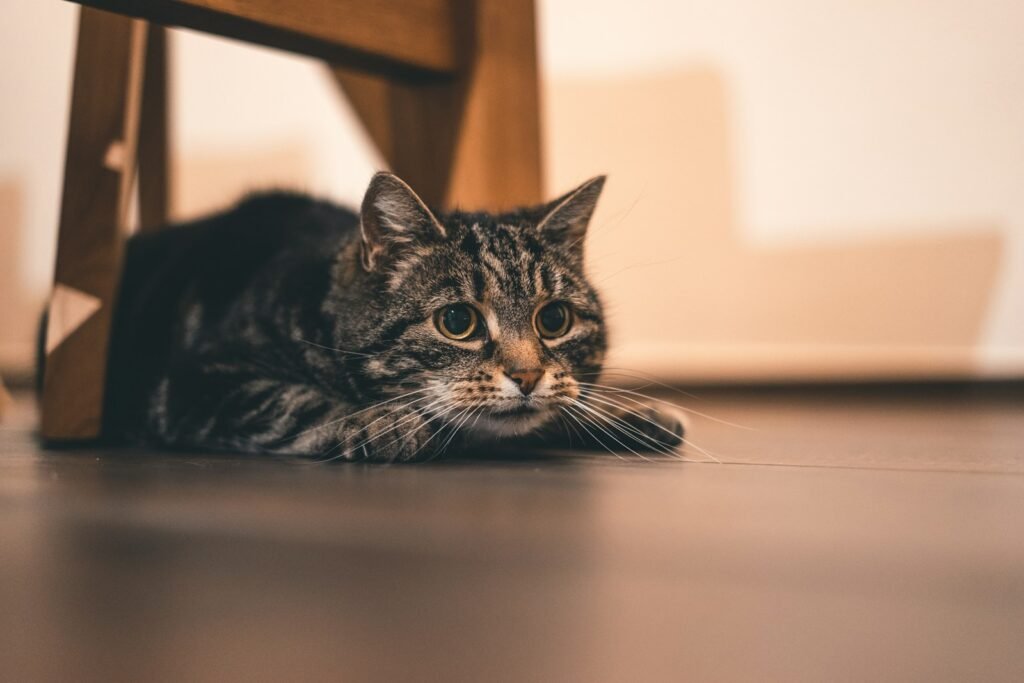
Kneading may also help refine a cat’s motor skills. The movement involves a coordination of muscle and paw, which can serve to fine-tune a cat’s muscular abilities. Though chiefly an instinctual activity, it inadvertently aids in their physical development.
The Role of Neoteny
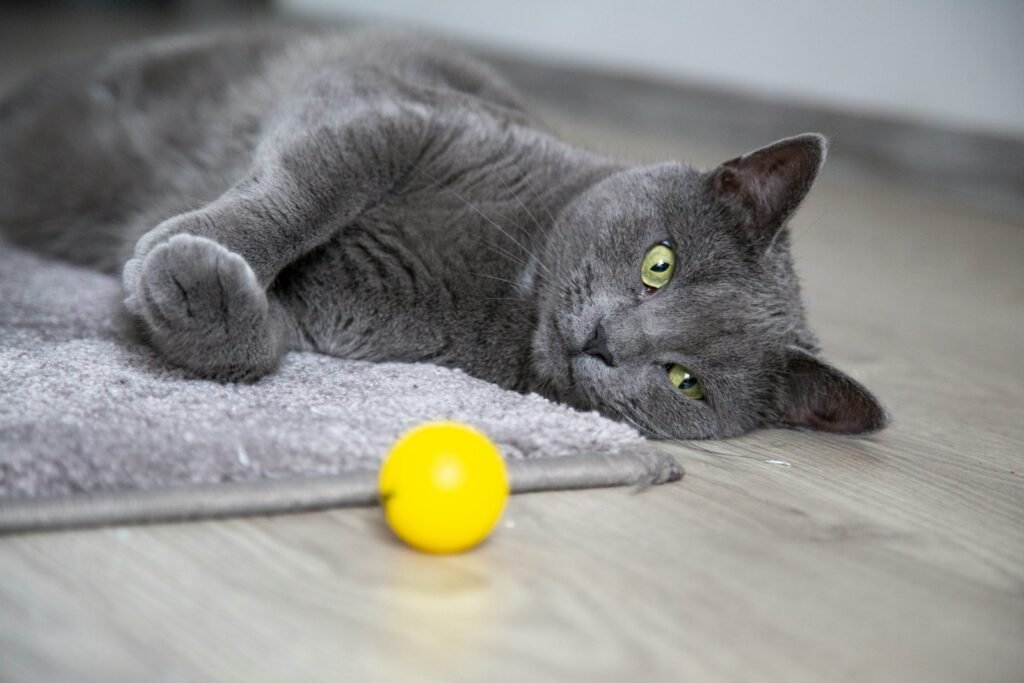
Neoteny refers to the retention of juvenile traits in adult animals. Kneading can be considered a neotenous behavior, retained in adulthood due to its calming and comforting effects. It exemplifies how some kitten-like behaviors persist due to their adaptive benefits.
Conclusion
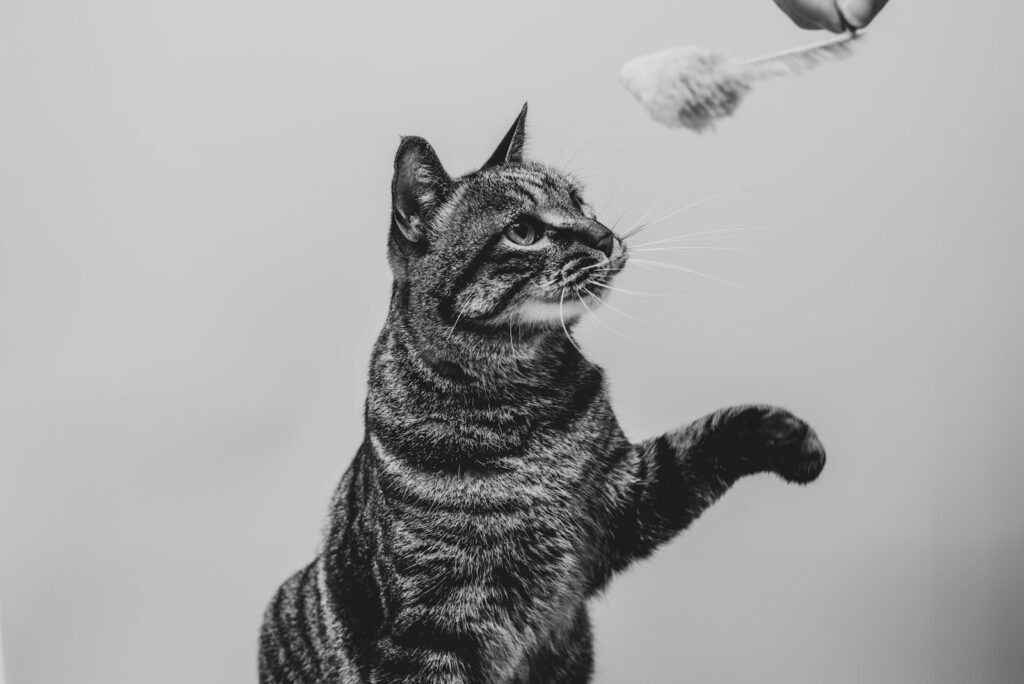
Understanding why cats knead their owners unveils much about cats’ behavior and history. From early development to expressions of affection, kneading tells a story of instinct, evolution, and the profound bond between feline companions and their humans. Embracing this behavior not only deepens the connection but also enriches the overall experience of cat ownership by acknowledging the multi-layered communication through which cats express their needs and emotions.

Growing up traveling and experiencing new cultures and wonders, I have had a passion for nature, adventuring, photography, and videography. I am currently working towards a BSc in Biodiversity and Ecology at Stellenbosch University, and I hope to specialise in Marine Sciences one day.
Please send any feedback to Feedback@animalsaroundtheglobe.com







I am sorry, that I interrupt you, but, in my opinion, this theme is not so actual.